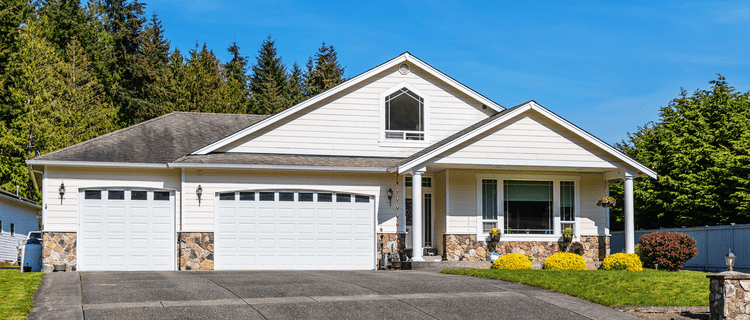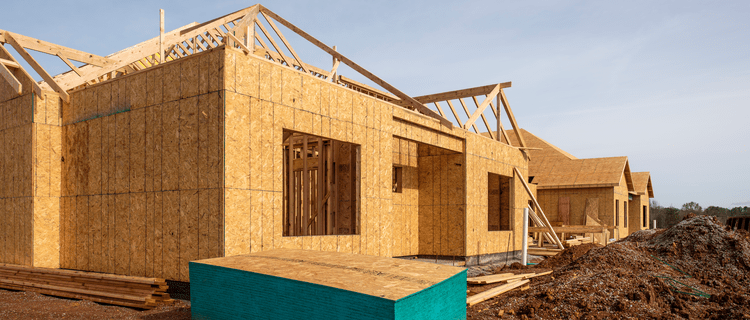3 Reasons To Buy a Home This Summer
Are you thinking about buying a home, but not sure if now’s the right time? A lot of people are waiting and wondering what the market’s going to do next. But here’s something only the savviest buyers realize: This summer might actually be the best time to buy in years. Here are three big reasons …





